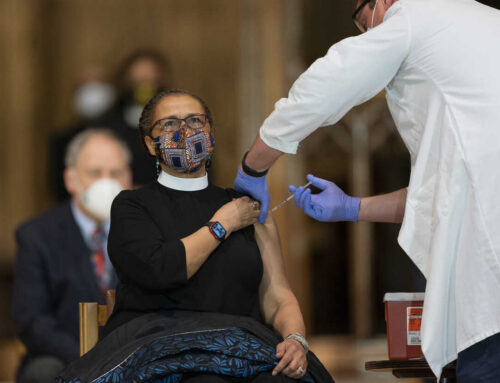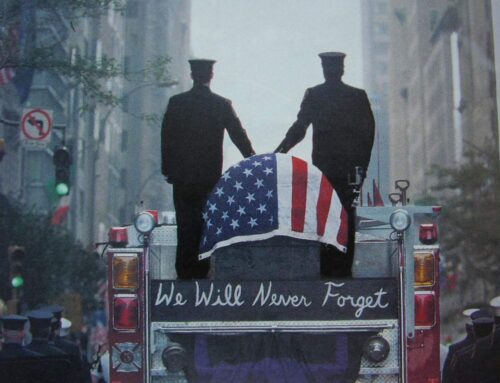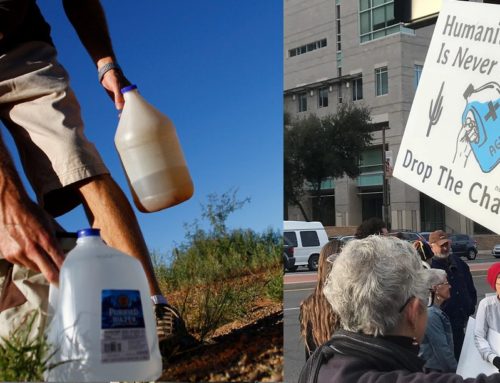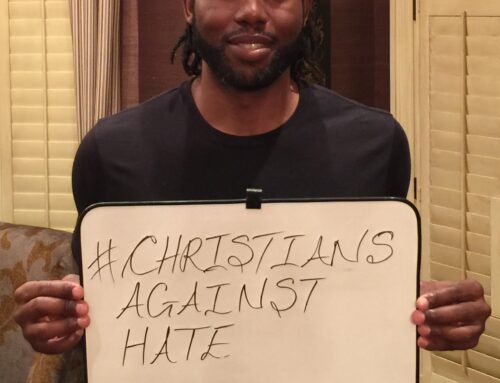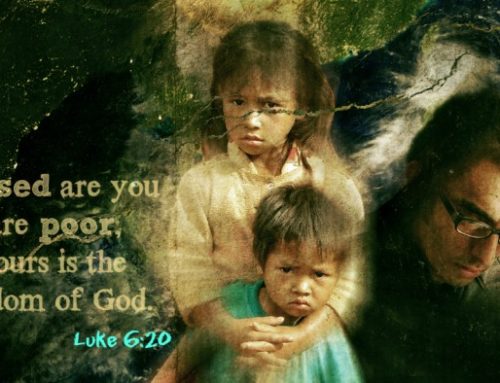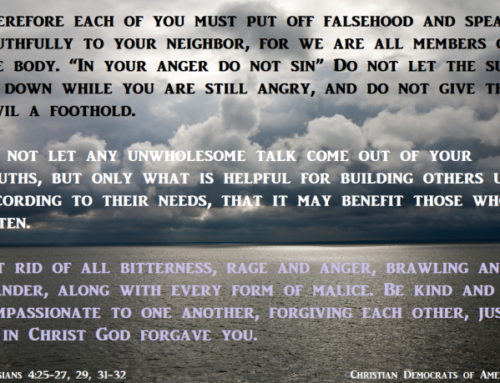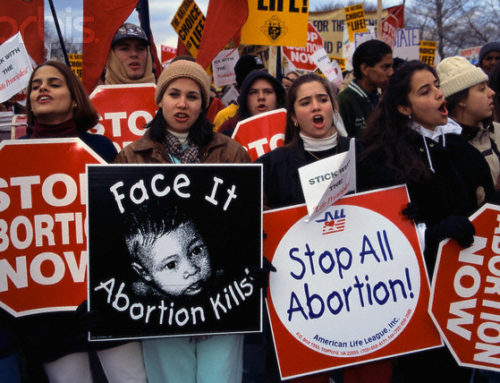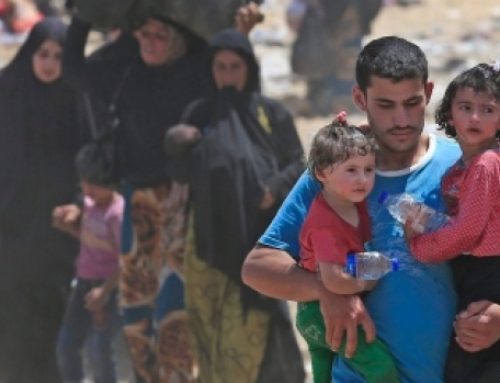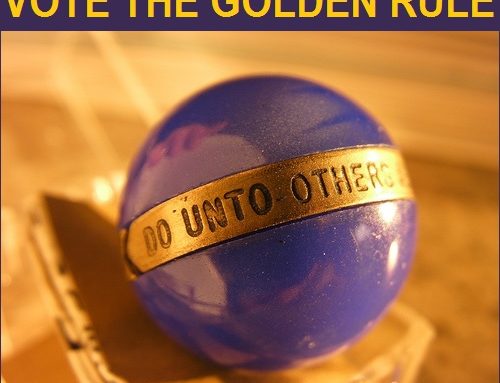 Encouraging everyone to read this entire article – and gain more understanding and perspective. We need not only changes in policy for dealing with the epidemic of homelessness and extreme poverty, but a cultural shift in compassion, negative-stigmatizing and understanding.
Encouraging everyone to read this entire article – and gain more understanding and perspective. We need not only changes in policy for dealing with the epidemic of homelessness and extreme poverty, but a cultural shift in compassion, negative-stigmatizing and understanding.
You could tell he was different the moment he walked in the coffee shop. It wasn’t his appearance. He looked presentable, if a little rough around the edges, clutching an old BlackBerry to his barrel chest. It was how he moved: warily, shoulders hunched over and eyes darting. The body language would read as suspicious, if not for the flicker of fear and apprehension in his eyes — as if he was scared of being noticed, vigilant to his surroundings and desperately trying to blend in at the same time.
He ordered a coffee, carefully counting out coins on the counter. He sat down at the table near me and pulled out his phone, just like nearly everyone else at the shop. He punched in a few numbers and began talking in a low voice, discreet but urgent. I was only a few seats away, but I couldn’t help but overhear his conversations.
Did someone have some cash jobs for him? Could he crash at a friend of a friend’s place? Could he get a ride out to the soup kitchen? After a few calls, it became clear: he was homeless. A homeless man with a smartphone.
Bert isn’t unsheltered. He bounces between emergency shelters and friends’ couches while he seeks temporary, cash-based day-laborer work. He refuses, in fact, to call himself “homeless.”
“This is just a temporary condition,” he told me more than once, after we struck up a conversation. He made sure I understood that he would get himself out of “this tight spot,” though he was vague about how long he’d been in it and how he got there. He made one thing clear, though: He hasn’t given up.
It wasn’t easy to engage him in conversation. When I first asked how he liked his BlackBerry, he looked at me like I was crazy. Later, he chalked up his guarded nature to the fact that he often doesn’t have casual conversations anymore. Most people, he said, tend to avoid him once they realize he is poor and transient. “You can’t hide it, being poor,” he said.
He made a joke about people acting as if poverty were an infectious disease, as they give him a wide berth and pretend he’s not there. “I can go whole days without people not even looking at me,” he said. “And when they do, it often means they’re sizing you up, wondering if they need to kick you out or something.” The result, he said, is a sense of exile, from any feeling of belonging you have to the human race.
His phone, then, functions as an important conduit. On the surface, it’s his most important, practical tool. He can call places for work with it. He can call up shelters and other social services to see what’s available. He calls public transportation to find out which bus lines are running and check out schedules.
Email and text are especially important features. He can reach out to friends to see if he can crash with them for a night or two, especially if the weather is rough. But he has to be careful. “You don’t want to impose,” he said. “You can’t exhaust your friends. Otherwise they’ll get tired of helping you, thinking, ‘Why are you still struggling?'” The hidden worry is that you’ll never leave.
Read the full article here: http://mashable.com/2013/06/25/homeless-man-and-blackberry/





